by Dayne Davis–As of July 1, 2021, all NCAA and college athletes are able to monetize their NIL (Name Image Likeness). What does this mean for the future of college sports, and does this have an effect on small school athletes like Morningside University?
Alumni and former Mustang football players Seth Sheppard and AP Ponder, and current Mustang defensive back Jamal Jones sat down for an interview on the topic.
Each of the players believe there are positives and negatives that come with the monetization of athletes and profitability of NIL. A big positive they mentioned is the fact that a lot of college athletes come from poverty or low income families.
“It allows us athletes the chance to take care of our families… Some of us have teammates who may have kids and NIL can help those teammates to try and provide while doing what they love, playing the game of football,” said Ponder.
Sheppard believes granting players NIL monetization rewards hard work and is fair considering the NCAA profits millions of dollars from its athletes.
From an educational standpoint, some positives were pulled from the thought of NIL deals. “I think a lot more players will stay all four years…This is a good thing because it gives them a chance to actually get their degree,” Sheppard said.
Jones said something similar when talking about NIL, in that many athletes don’t last long in the professionals. So, NIL deals may encourage players to stay in school longer while getting paid, and then being able to graduate and use their degree if need be.
Not all thoughts about the situation were positive, though. Could NIL deals eventually cause problems with team cohesion and the egos of these high-paid and more well-known college athletes? Could NIL have an effect on youth athletes who are aware of this opportunity and want to take advantage of it?
The college sports and professional worlds have seen their fair share of egotistical athletes who struggle with getting along with teammates and coaches. NIL is something that the Morningside players believe could propel athletes into these types of behaviors, especially given the fact that they are still trying to make it.
Individual success is the main reason the guys believe this could potentially be a concern going forward. With money being the reward for individual success, a lot of players have the potential to gravitate their focus towards themselves first rather than the goals and likes of the team.
“I think NIL has the potential to create tension between teammates as well as resentment and inequality due to one players success. Not just in football but in college sports all around,” Sheppard said, explaining that some athletes could become overly focused on personal marketing and NIL success.
Ponder believes the impact of NIL on youth sports will be positive due to the fact that it could push athletes to become noticeable and make a name for themselves. The others thought different.
“Building up egos and demanding so much in sports from a child early on could be a recipe for disaster,” Jones said, shaking his head. Jones believes high demand early on can lead to the sport beginning to feel like a job, and ultimately stray a child away from the sport. At the youth age, playing a sport should be a hobby, not necessarily a way out, said Sheppard and Jones similarly.
As far as being at a small school like Morningside, each of the athletes agree the NIL doesn’t have much of an effect, if any, on the players. “Let’s be realistic here, we were a good–ass program and still are, but for an NAIA program, NIL deals are pretty much an afterthought,” Sheppard said.
Considering that NIL has a lot to do with an athlete’s following and popularity, it isn’t common for small school athletes to have publicity like players from D1 and D2 schools have. So, without that following, how would these athletes be able to benefit a company or brand looking to sponsor a player?
Ponder believes that resources and exposure are both limited at small schools, which give these athletes less of an opportunity to profit from themselves. Neither does he think it would be fair for someone playing at the highest-level to be remotely making the same amount of money as a small school athlete.
Jamal said, “I don’t even really follow or pay attention to much about NIL, being at Morningside.”

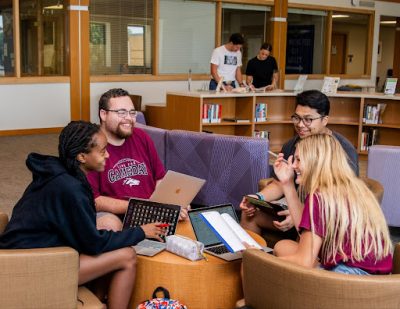
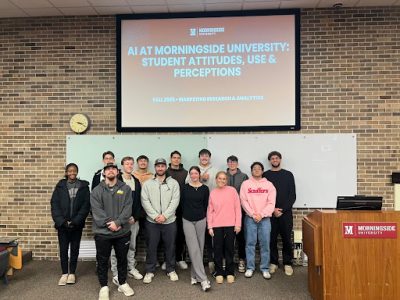
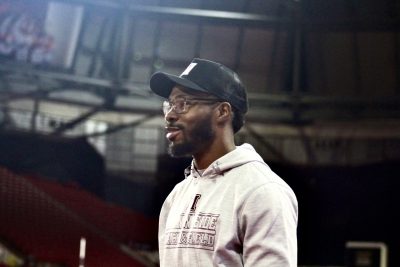

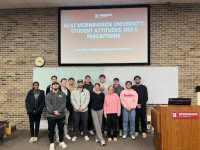
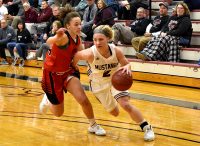

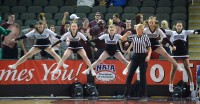
Leave a Reply